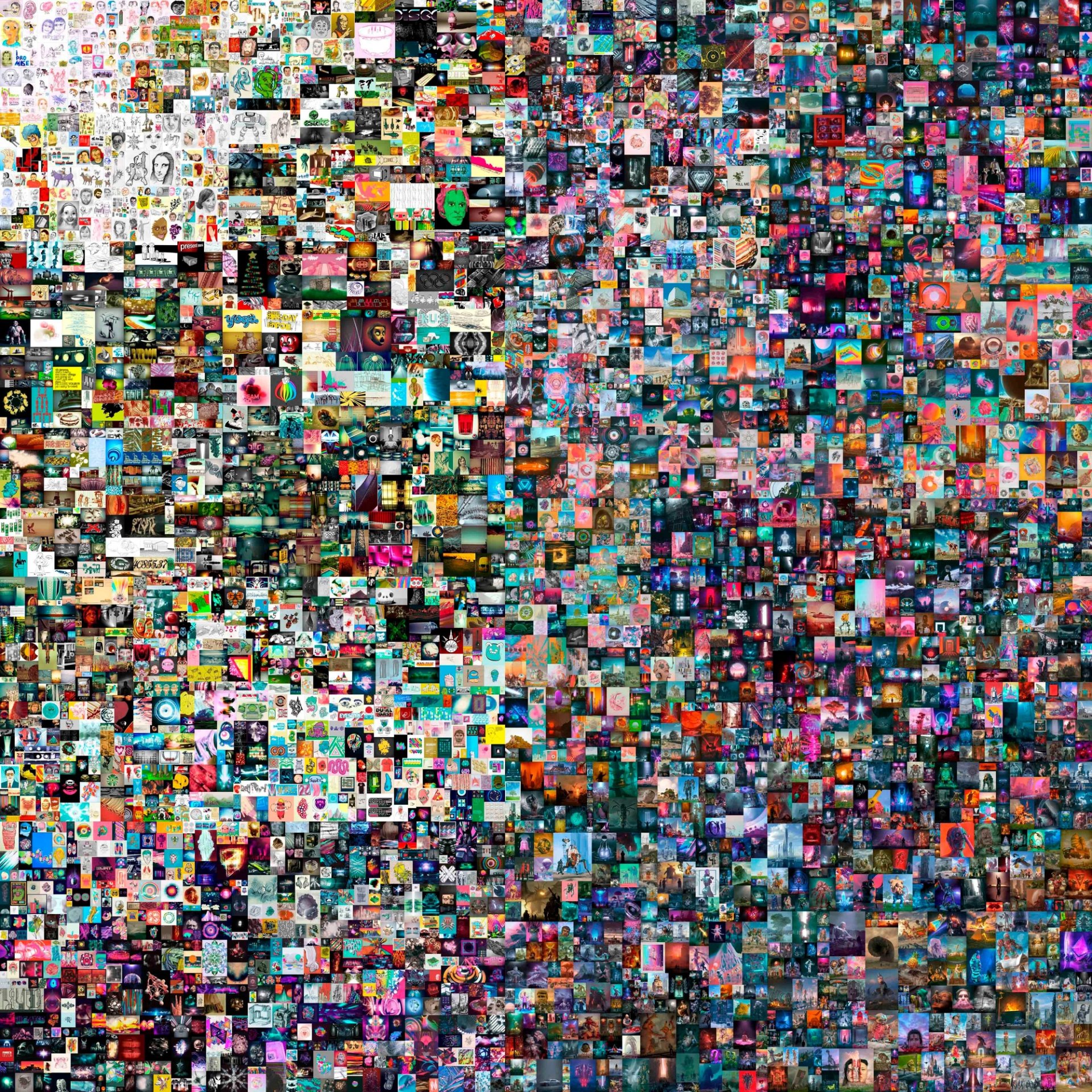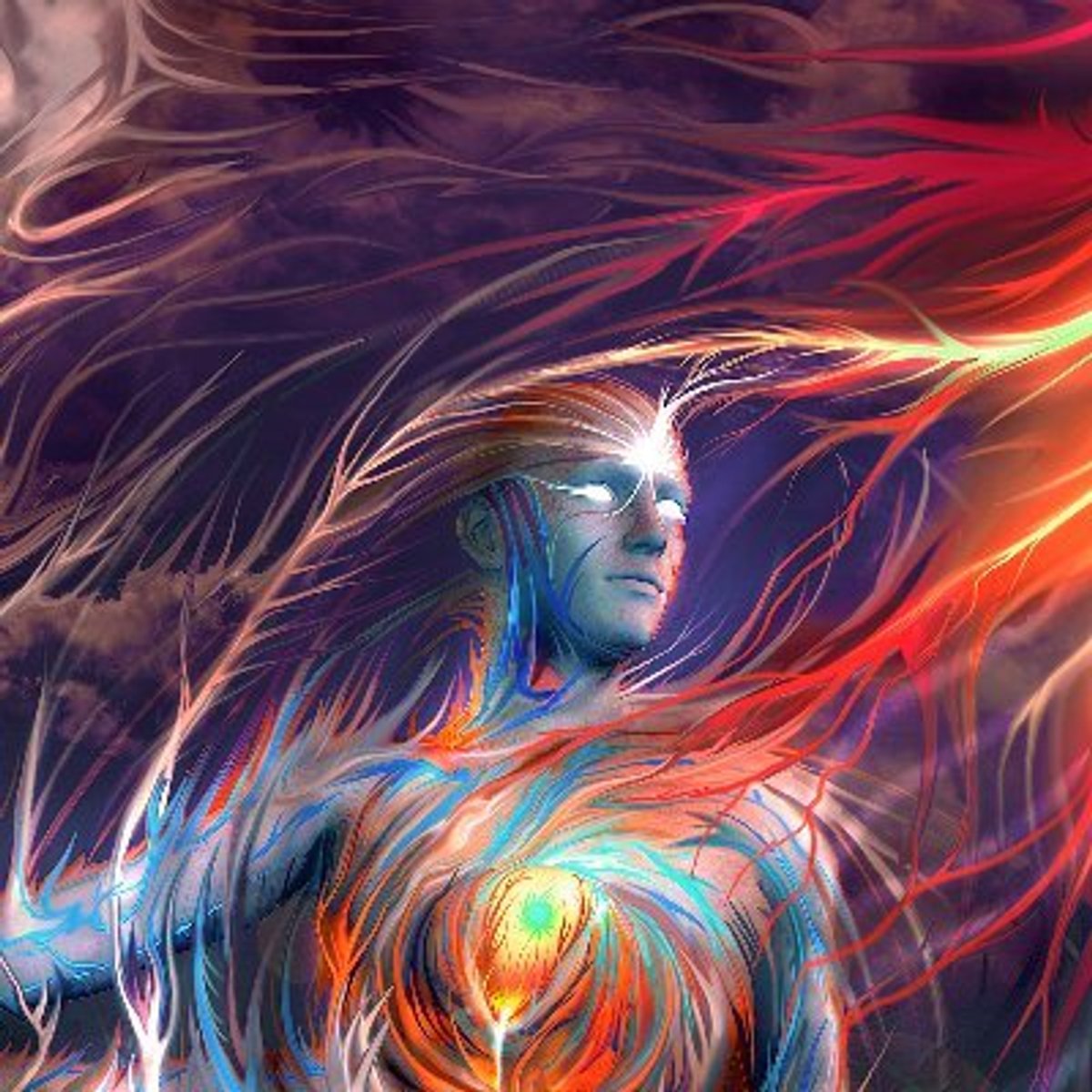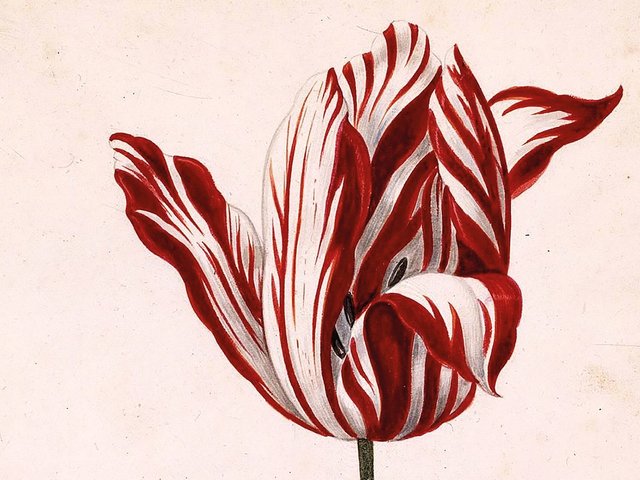Metakovan, the Singapore-based pseudonymous and otherwise anonymous founder and financer of the crypto fund Metapurse, is the buyer of Beeple’s digital work of art, Everydays: The First 5,000 Days (2021). The first non-fungible token (NFT) to be sold at auction reached an eye-watering $69.3m (with fees) or around 42,329.45 Ether at Christie’s online sale yesterday.
Metapurse describes itself as a “crypto-exclusive fund that specialises in identifying early-stage projects across blockchain infrastructure, finance, art, unique collectibles, and virtual estate”. It is also a production studio for NFTs and a major funder of the digital art form, reportedly owning the largest known collection of NFTs in the world—a cache that is now even bigger, or at least, more expensive.
“When you think of high-valued NFTs, this one is going to be pretty hard to beat,” says Metakovan in a statement. “And here's why—it represents 13 years of everyday work. Techniques are replicable and skill is surpassable, but the only thing you can't hack digitally is time. This is the crown jewel, the most valuable piece of art for this generation. It is worth $1 billion.”

Beeple's Everydays: The First 5,000 Days (2021), a non-fungible token minted on 16 February Courtesy of Christie's
In an interview with The Art Newspaper on Google Hangouts, Twobadour, the steward of Metapurse whose real identity is also unknown, said he understands that valuation might sound like a "fantastical number, but we do believe that down the line this has the potential to become the most valuable piece of art ever."
"We believe this is the most important work of art for our generation and not just because it's digital or because it's an NFT, but because ironically, it represents the only thing that cannot be hacked in today's day and age—which is time," he added. "What The First 5,000 Days represents is 13 years of work, constant work crunched and encapsulated in one massive ganache. And I think it's the sensibility that Beeple brings as an artist, as a political commentator, as someone who constructs in the best sense of the term. [That] makes him the most important artist of our generation and this particular piece, the most valuable one of our generation."
In a statement, Twobadour also said that the sale was historic for bringing together “a renowned auction house, a contemporary artist, a wholly digital masterpiece that lives on a shared financial platform on the internet, acquired by a person of color".
Metokovan's real identity has not been revealed, but he said in an interview with the HackCrypto podcast that he is "from the East" and a spokesperson said his ethnicity is South Asian. He also explained that he is an early cryptocurrency adopter who for years did not have a traditional bank account—and still does not own a house or a car.
Earlier today, the TRON blockchain founder Justin Sun took to Twitter to complain that he had narrowly missed out on buying the Beeple work thanks to a last-minute bid from Metakovan. Due to what appears to be a technical glitch, Christie's website would not accept Sun's bid of $70m with 30 seconds to go until the end of the timed auction.
Back in January, Metapurse announced that it had spent more than $2.2m on buying the complete set of 20 first edition works of art in the Beeple Everydays: The 2020 Collection via a Nifty Gateway auction. “With the average price at $109,000, bidding on every piece was a battle,” a statement says on Metapurse’s Substack. “We did in two days what most NFT aficionados or funds would do in two years. We had a game plan. We were driven. And we had a mad vision for what comes next.” And the Christie’s sale was, perhaps, part of that mad vision.
That blog post states that “Beeple’s entry into the crypto art world is an accelerant for the entire NFT ecosystem” and that buying the 2020 collection was phase one. “Up next is a project and event that flips the art world status quo on its head,” it reads. “And the best part of this journey is that we are not alone in it. NFT newsmakers and commentators, technologists and artists—like Beeple, yes—are part of this conversation.”
Twobadour did offer some words of warning about the NFT market, however, during our interview. "The dangers are that not all NFTs are created equally. I'd say for the most part, many of these NFTs might crash and burn, but there are those few NFTs which will stand the test of time and remain relevant for a really long time," he says. "What will happen in the year to follow is that, where many people see a bubble or some choppy waves in front of them—and I'm quoting Metakovan here—we are able to see the serenity beyond the waves, beyond all of the turbulence.
"There will be a churn, there'll be a lot of projects and a lot of NFTs that don't survive the coming months of euphoria," Twobadour added. "But I think there will be some really steady and resilient projects and NFT ideas that are here to stay."




